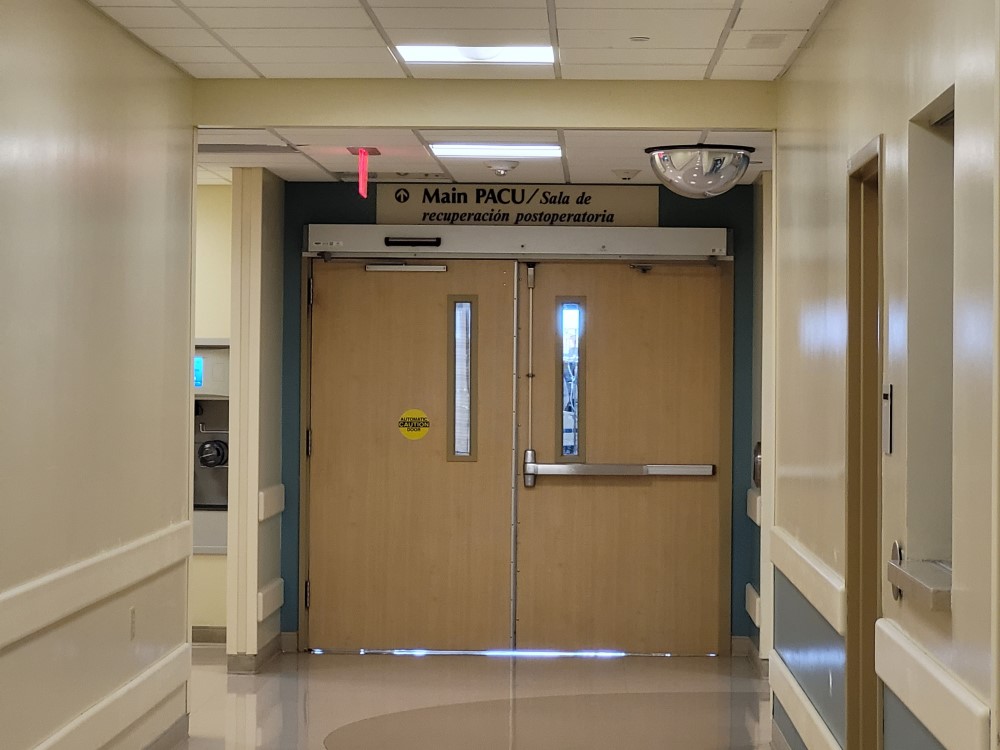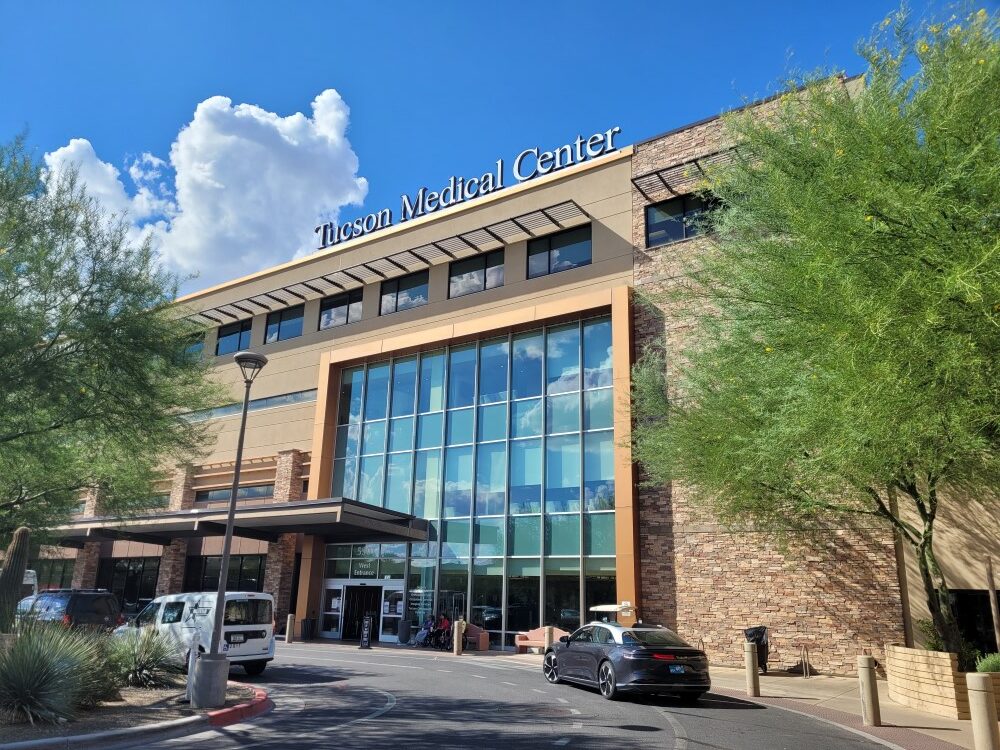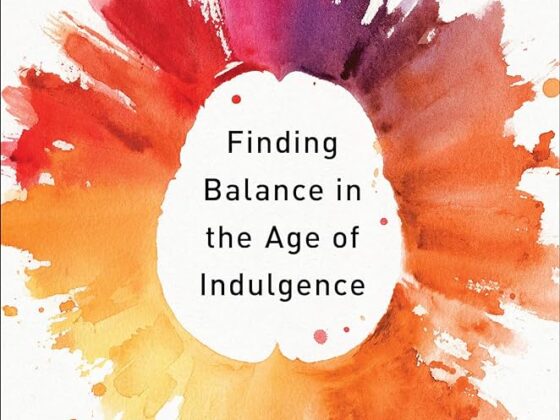I turned in my hospital volunteer badge this past week. It marked the end of my decision to leave engineering for medicine, but it also began my new journey of wanting to work in the medical field as an engineer.
For anybody who’s thinking about leaving engineering for medicine, read on. I’ll share my journey and reasons for deciding to stick with engineering. I hope it gives you some insight for your own career decisions.
How it started
It was around this time last year that I started having doubts about my entire engineering career. I had just switched from mechanical engineering to software engineering the same year. I knew I wasn’t doing exactly what I wanted to within software, but I focused on learning and exploring as much as I could. Little did I know that the period of exploration would end quickly.
Six months later, I started hating my job. I was barely doing any software development. I got put into a testing role, which was a major reason why I left mechanical engineering. I didn’t want to be pigeonholed again into a testing role.
I also felt really unfulfilled at my job. I felt like the work that I was doing had no impact. I didn’t like what I was doing. I felt soul sucked. I felt like I was driving to my death sentence every time I drove to work. I was miserable.
At the time, I didn’t want to work at a different company because I saw engineering as a miserable career. I wanted out.
So I thought of becoming a doctor…
…for several reasons.
First, I saw it as a way for me to help people. I wasn’t doing that at my current job…at least I didn’t feel that way. So what if I could heal people? What if I could make someone’s pain go away? Those would be ways I could see myself helping people. I’m also in a lot of physical pain myself from stressful work so it would be pretty neat to explore and learn how to manage and eliminate that pain.
Second, I could make more money as a doctor. Making more money is never a bad thing.
Lastly, it’s also a prestigious career, especially in Asian culture. I definitely would be honoring my parents more with a job in medicine.
So the thoughts and desire to pursue medicine weren’t just strictly financial or fulfillment-based.
Reaching out and talking with others
I had all these thoughts and needed someone who could understand my situation and what I was feeling.
So I reached out to a friend I studied mechanical engineering with in college. He transitioned from engineering to medicine shortly after he graduated. He recently completed his anesthesiology residency and started working in California as an anesthesiologist.
I remember giving him a call in a parking lot after I got off of work. It was about 10 minutes of catching up followed by 50 minutes of really helpful and meaningful conversation about my recent thoughts and desires to pursue medicine. He also shared about his transition from engineering to medicine, what medical school was like, and the expectations versus reality of working in the medical field. Some key questions that came up:
- What does helping people look like to you? How does medical school fulfill that?
- Are you okay with “giving up” 10 years of your life to studying and working long hours before actually getting a real job as a physician?
Some key actions that came out:
- Talk to other people who are in the medical field.
- Shadow doctors that have a career you are interested in.
- Volunteer at the hospital.
- Figure out at a high level what it’ll take for you to get into medical school (classes, school, financials…)
So I went out and did what he said. Here’s what I learned.
Talking to other people
I spoke with friends at different stages of their medical journey – some still in medical school, others just beginning residency, and some who were already working as medical professionals across different specialties like OB/GYN, ENT, oral surgery, and anesthesiology. I even talked to a random stranger at a birthday party who was starting a MD/Ph.D program (I don’t remember what specifically but it was somewhere in cancer research).
When I shared my own reasons, I led with the classic, “I want to help people”. Then I followed up with a, “I want a stable and well-paying career”.
Most of my friends had the same reasons for why they chose the medical route. Yet, they warned me that by the time they finished medical school, those initial reasons had lost their power.
One of my friends shared that his goal of helping others became overshadowed by the long hours of studying and working in residency. He felt jaded by the whole process.
Essentially, everybody gave me the same piece of advice: know why you want to go to medical school and make sure that reason (or reasons) is solid.
Several people mentioned that if I were in my younger 20s, they’d tell me to worry less about having concrete reasons and more of “just go do it”. I had time on my side and less things to consider. But at 30, with other plans like wanting a family, my decision to leave engineering for medicine carried more weight.
I wasn’t discouraged by all the conversations I had, so I started looking at shadowing and volunteering opportunities.
Shadowing
After I talked with my anesthesiologist friend, he offered to let me shadow him. So that’s what I did at the end of last year. I spent a full shift with him in the operating room and got to see five surgeries! It was an awesome experience . He convinced me to pursue anesthesiology as a medical career path if I were to leave engineering.
If there was one thing I wish I could’ve done more, it would’ve been to shadow more. Shadowing really gives you a more in-depth experience and look at what it would take to work in the medical field compared to volunteering. I learned far more about the operating room and patient interaction in 1 day of shadowing than I did in 3 months of volunteering.
Unless you know doctors or have connections, it’s really hard to get a random doctor or surgeon to allow you to shadow them. That’s what all my doctor friends told me. I applied for a shadowing program at the UoA but didn’t hear back. The other shadowing opportunities at hospitals required things like medical training school or test scores that I didn’t have.
Schooling
For my particular situation, I would have to go back to community college and take all the pre-reqs (bio, gen chem, biochem, orgo, anatomy, etc…). Most colleges don’t accept high school biology or chemistry classes. I would also have to study for the MCATs.
If I went back to school, I had two routes:
- Quit my job, move back home, study like crazy, and finish all my pre-reqs in 2 years or…
- Go part-time, still study like crazy but have a job to support basic needs, and finish all my pre-reqs in 4 years.
My friends had recommended that I take one class first to see if I liked being in the classroom again. I thought that was a great idea, but even with one biology course, my weeks would’ve been really overloaded with work, going to class, and studying.
My friend whom I shadowed had recommended that I look into volunteering at my local hospital. So I thought – what if I volunteered first to see if I liked working at the hospital. If I did like it, then I would sign up for one class.
So that’s what I did.
Volunteering Experience

I volunteered for 3 months at one of my city’s hospitals. I was on a program that required 100 hours of volunteering within 6 months, which meant you had to volunteer at least 4 hours/week. Since I was mostly interested in anesthesiology, I chose to volunteer at the PACU or the Post Anesthesia Care Unit.
General note on volunteer programs
All hospitals in my city have volunteering programs. I would assume the same is true for other hospitals. I applied to all the volunteer programs and didn’t hear back until…I think the earliest one was like a month later. The interview process isn’t hard; they just want to make sure you’re not a dangerous person.
Something else to keep in mind: you’re a volunteer, not a nurse or a doctor or some experienced healthcare professional. The amount of things you can do is very limited. It’s not to say that you shouldn’t volunteer, but it’s to temper your expectations about what you can do and experience as a volunteer.
I would highly suggest spending more time shadowing than volunteering because shadowing gives you a more direct and immersive experience in the field you are interested in pursuing.
Initial ascent and eventual descent
My volunteer experience was initially good.
I got to see how the nurses took care of patients after surgery. I observed some doctors come in to check in on the patients. I talked with some of the nurses and doctors about their jobs and experiences working in the hospital. I helped clean up patient bays, restock items that nurses needed, and wheel patients out to their cars to go home.
While I wasn’t directly in the operating room as I was during my shadowing experience, I was getting involved and gaining exposure to the hospital setting.
But somewhere along the line, I started getting bored. I was sitting around more often because there weren’t many patients and the nurses didn’t need help. And I hate sitting around doing nothing when I feel like I could be doing something. I kept thinking more and more about what I wish I could be doing with my four hours.
So I ended up bringing a journal with me to my volunteering shifts to write about my plan and feelings regarding leaving engineering for medicine.
Passing by a room of residents
I remember a specific moment when I was coming back from dropping off a patient. I walked by a room and saw what seemed like residents just sitting around. If I had to guess, they were probably on call, but I suddenly had this thought: “Do I really want to be sitting around in a room with no windows…just working away for hours on end?” To be quite frank, that’s what I was doing now with my engineering job. The thought of doing that again didn’t feel good…
By the end of my third month of volunteering, I realized that I didn’t want to spend more time volunteering. I didn’t want to pursue a career in medicine anymore. I explain my reasons in the next section.
So, I stopped volunteering, which brings me where I am today.
Reasons for not leaving engineering
I decided not to leave my engineering career for medicine for several reasons. Let’s start with the most prominent reason: timing.
Timing
I’m 30 right now. If I decided to pursue a career in medicine, it would be at least 10 years before I am able to get a job. That’s 2 years of studying (best case) + 4 years of medical school + 4 years of residency. I’d be 40 by the time I got a new job.
I’d also have to put aside everything else in my life to focus on my medical career. This includes dating, friendships, hobbies (like this blog), financial goals, and other dreams. I’m just someone who has to focus on studying. That’s how I was like in college – I didn’t do any extracurriculars.
The thought of being 40 and not having any financial support or stability, meaningful friendships, a partner (girlfriend or wife), and unfulfilled dreams…it just doesn’t sit well with me.
If I were in my 20s, I would’ve been okay with putting those things on hold so that I could build a career in medicine and have a job by the time I was 30.
So what about my career then? Am I going to stick with engineering?
Maybe. There’s one thing I haven’t tried yet: it’s working in an industry that I’m interested in. I’m now directing my attention toward the health industry.
A sense of freedom
This is sort of related to the first reason – I want to have work life balance and to a certain degree, some level of freedom in choosing my own work hours. If I went to medical school, I would have none of that. I don’t think I could survive 10 years of working and studying relentlessly.
Even if I were to survive the 10 years and get a job, the requirement to be on-call and work 24 hours shifts is not something I would want.
The financial commitment
I also sort of mention this reason in the timing section, but to be more specific, I don’t want to completely restart my financial situation.
Going to medical school is REALLY expensive. I also heard that you’re not paid very well as a resident. For someone who is thinking about moving to California and wanting to start a family there, being broke, if not poor, is really not a good idea.
The desire to help others
One of the questions I was asked by almost everybody who I talked to about my thoughts on leaving engineering for medicine was: “You say you want to help people. How does medical school help you do that?”
When I was volunteering in the PACU, I often found myself thinking about how much I wanted to serve and help others.
I wanted to teach people about general well-being. I wanted to motivate people to live better lives.
Medical school does help me do that, but so does this blog, producing short films about life, and personal tutoring. There have been times when I’ve felt so fulfilled tutoring people in math or writing blog posts that serve to promote general well being.
So, being able to help others isn’t exactly unique to being a doctor.
I want to be in control of how I help other people
One of the biggest turn-offs for me when it came to the medical field was hearing nurses and some of my doctor friends express frustration. They talked about how hospitals seemed to be shifting from places of healing to businesses focused on profits.
Healthcare costs are rising, and I’ve felt that impact personally. I mean…just a simple office visit to my primary care physician cost me $125. $125!!! Bah!
I can’t picture myself navigating insurance companies or, worse, facing patients who desperately need treatment but can’t afford it. I don’t want to be told how to care for people based on policies rather than their actual needs.
Though that might not always be the case, it was enough to make me rethink pursuing medicine. I realized the emotional strain would add a whole new layer of stress. That’s one thing I appreciate about engineering—it’s more objective, which makes serving others feel less overwhelming.
Final thoughts on “Should I quit engineering?”
Unless you are absolutely confident that engineering is not for you, then I would say don’t quit…yet.
Quitting anything is a big choice.
Do your research. Gather as much information as you can. I’m still in that process myself, but I have collected enough data to know that leaving engineering for medicine is not the best choice for me now.
If you do decide to step away from engineering, know that you’re definitely allowed to come back.
I know people who left their engineering careers and then have come back to it.
You’re not alone in making this decision. I hope some of my experience has helped you. If you want to discuss more, fill free to leave a comment and I’ll reply 🙂











2 comments
exactly my case! the difference is that I went on with medical school and although I’m liking the career I wish I didn’t depend so much on others, now I want to go back to engineering but after 3 years into medicine the decision is tougher
thanks for sharing your experience Alejandra! I encourage you to push through! All my friends who have made the choice to go into medicine say it’s really tough so I bet you’re doing something right.